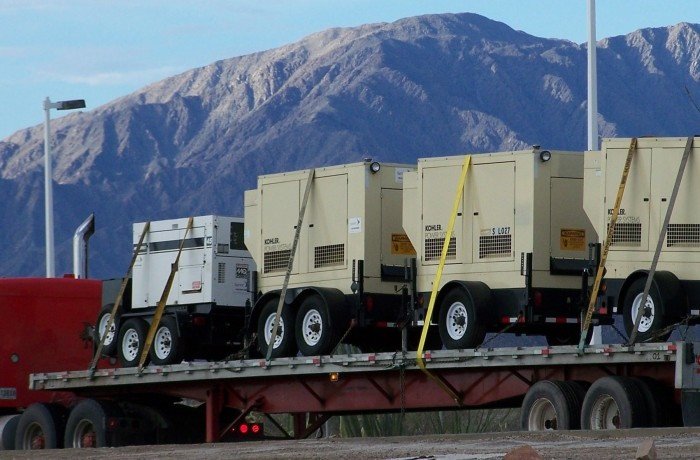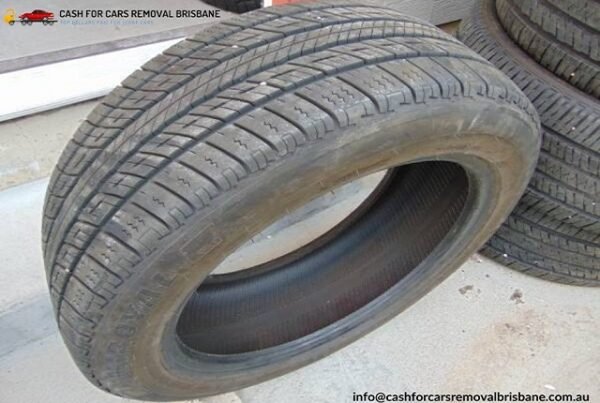An electric generator is a standalone machine which provides electricity when the main power supply or the local grid is unavailable. Generators are backup supplies of power supply for homes, industries and business or commercial purposes. It can also be used where the local power grid is not available, and it can be the primary power supply.

Buying a generator for any need is possible. Some generators are small, portable devices that can be used for camping or hobbies to provide a small amount of power for a few devices. The other generators are permanent installations that can power an entire house or an event or another commercial purpose. There are many commercial generators suppliers in Delhi.
Tips when buying a generator
There are many commercial generators suppliers in delhi, where there are varied options in choosing a generator. You should make sure that the generator you are purchasing is from reliable and a well-known supplier. There are various kinds of generators like diesel, propane and natural gas generators that are available in the market.
Make sure that the supplier or the generator company has a warranty and guarantee period for the generator they are supplying. It is essential to buy a generator with such a period as there are times or there may come times that the generator will need maintenance and repairs, at that time it the warranty and the guarantee period will be of great help. If there is no guarantee or warranty period, there will be more expenditure on repairing the generator.
How do generators create electricity?
Generators don’t create electricity but convert mechanical or chemical energy into electrical energy. It captures the power of motion and turns into electrical energy by forcing the electrons from the external source through an electrical circuit. Once the electric current is established, it is directed through a copper wire to external power machines, devices and appliances.
Residential and commercial generators are small and rely on fuel sources such as diesel, propane, natural gas to create mechanical power that can then be forced into a circuit to and induce an electrical current.
Parts of an electrical generator:
- Engine: To supply power to the generator.
- Alternator: The conversion of mechanical energy to electrical energy.
- Fuel system: The fuel system makes it possible for the generator to produce the energy needed.
- Voltage regulator: It helps control the voltage that is produced.
- Cooling and exhaust system: Generator creates a lot of heat, this system controls the temperature and doesn’t let the machine overheat.
- Lubrication system: Many small moving parts in a generator need to be lubricated with engine oil so that there is a smooth operation.
- Battery charger: It is used to charge up the generator. The battery is a fully charged automatic component that ensures the battery is ready to go when needed to by supplying it with a low-level of voltage.
- Control panel: It controls every aspect of the generator operation from startup and running speed to outputs.
- Mainframe: It is the body of the generator, it is the structure and the part that hold everything in place.




